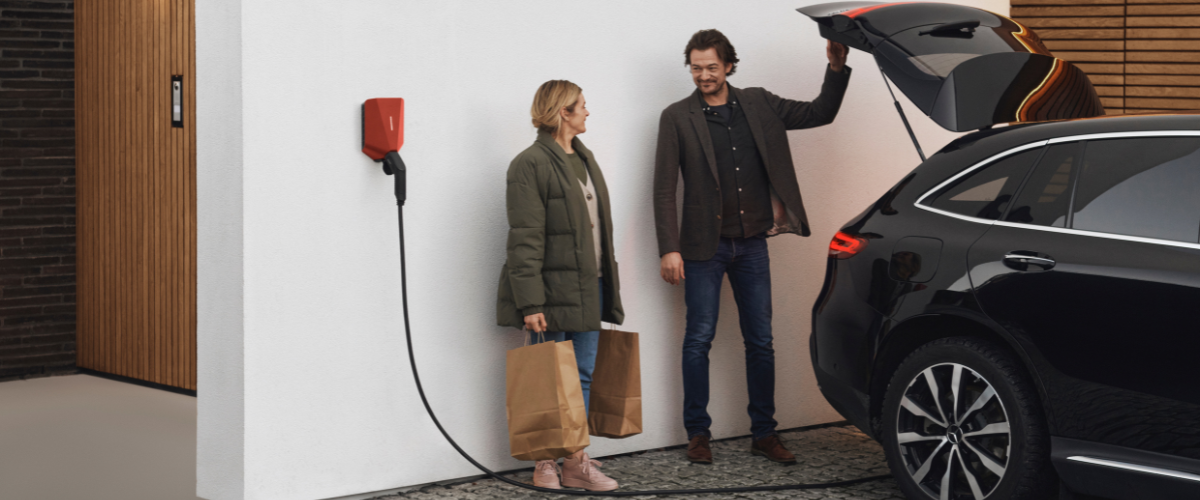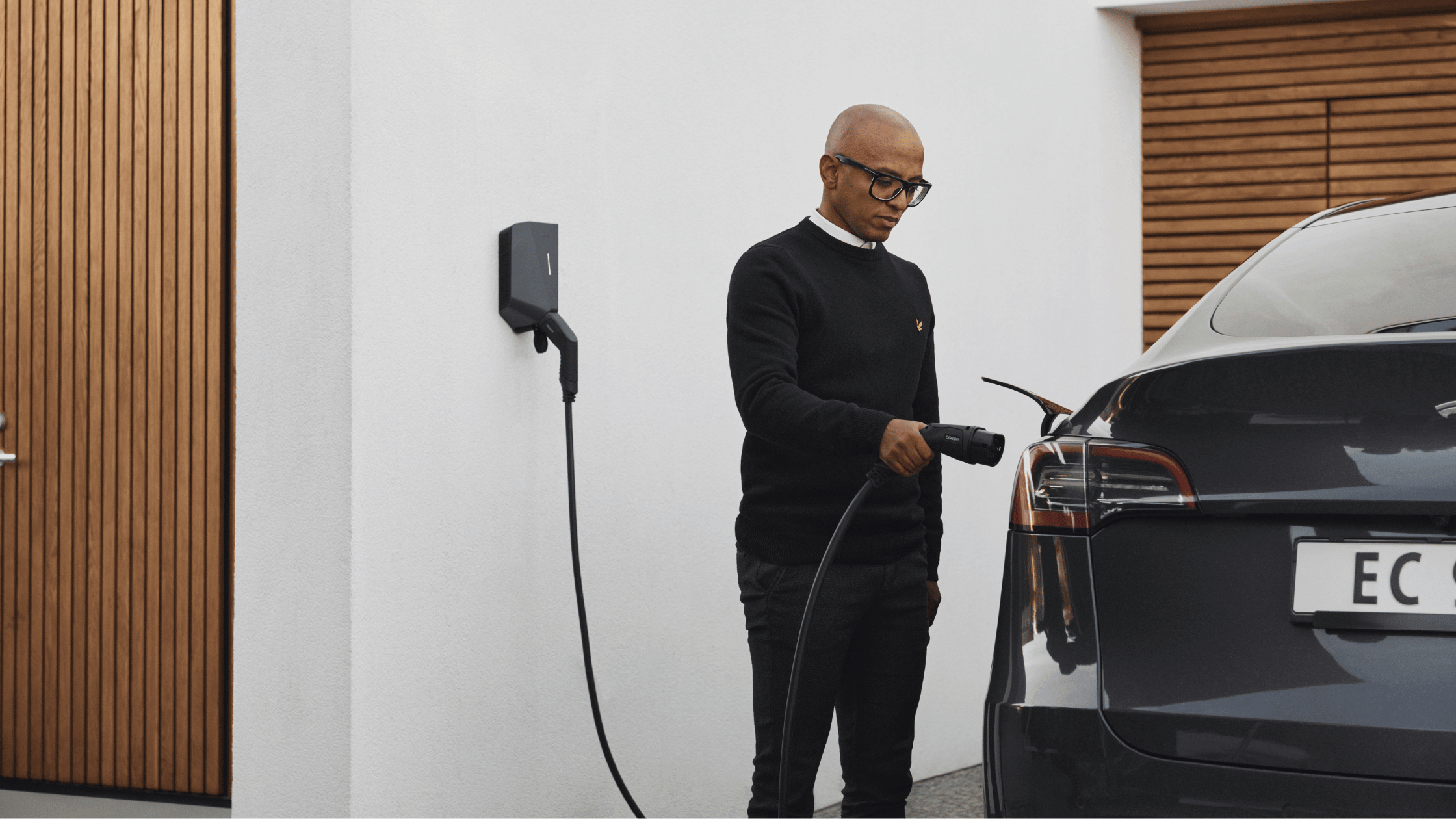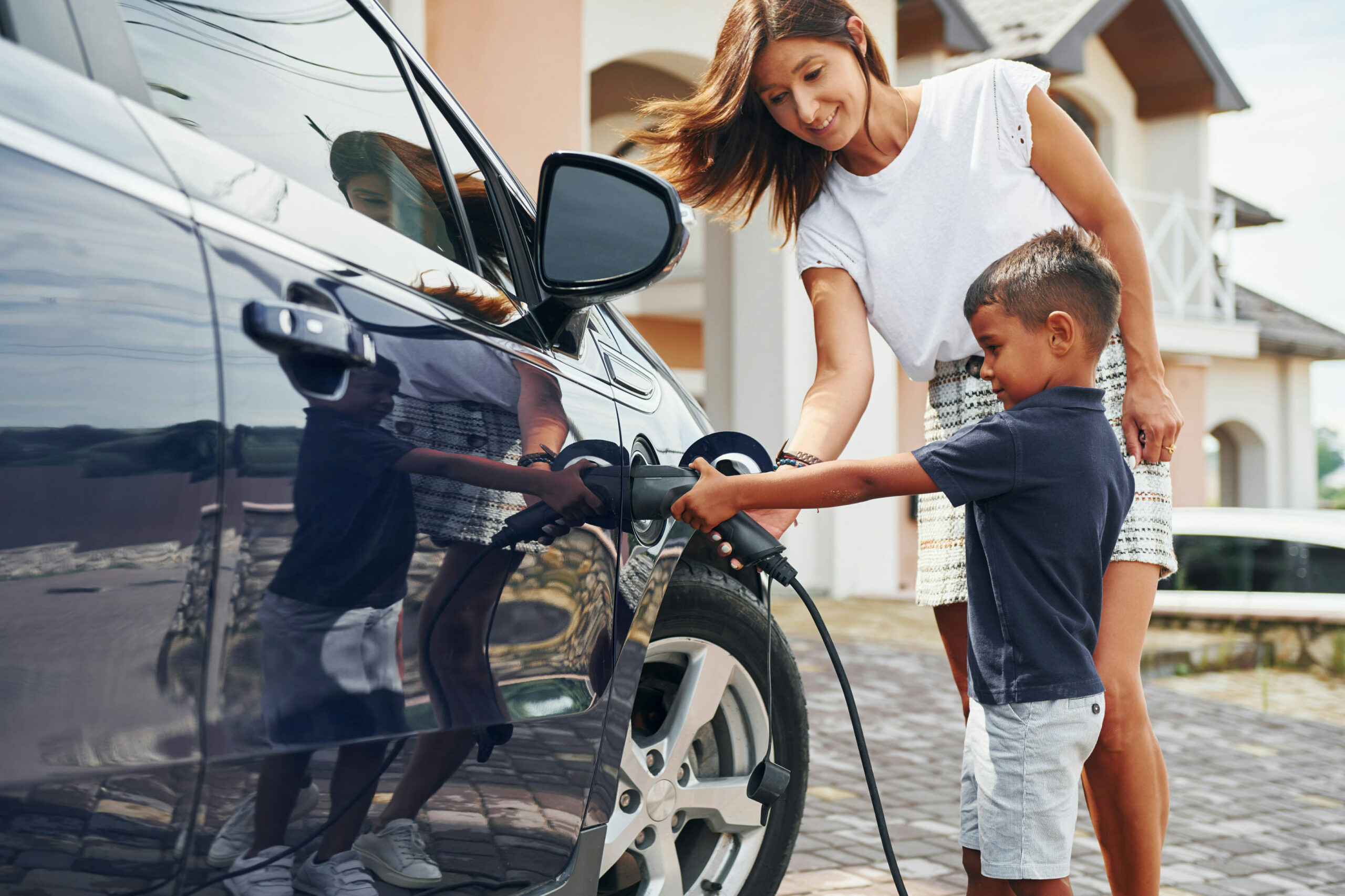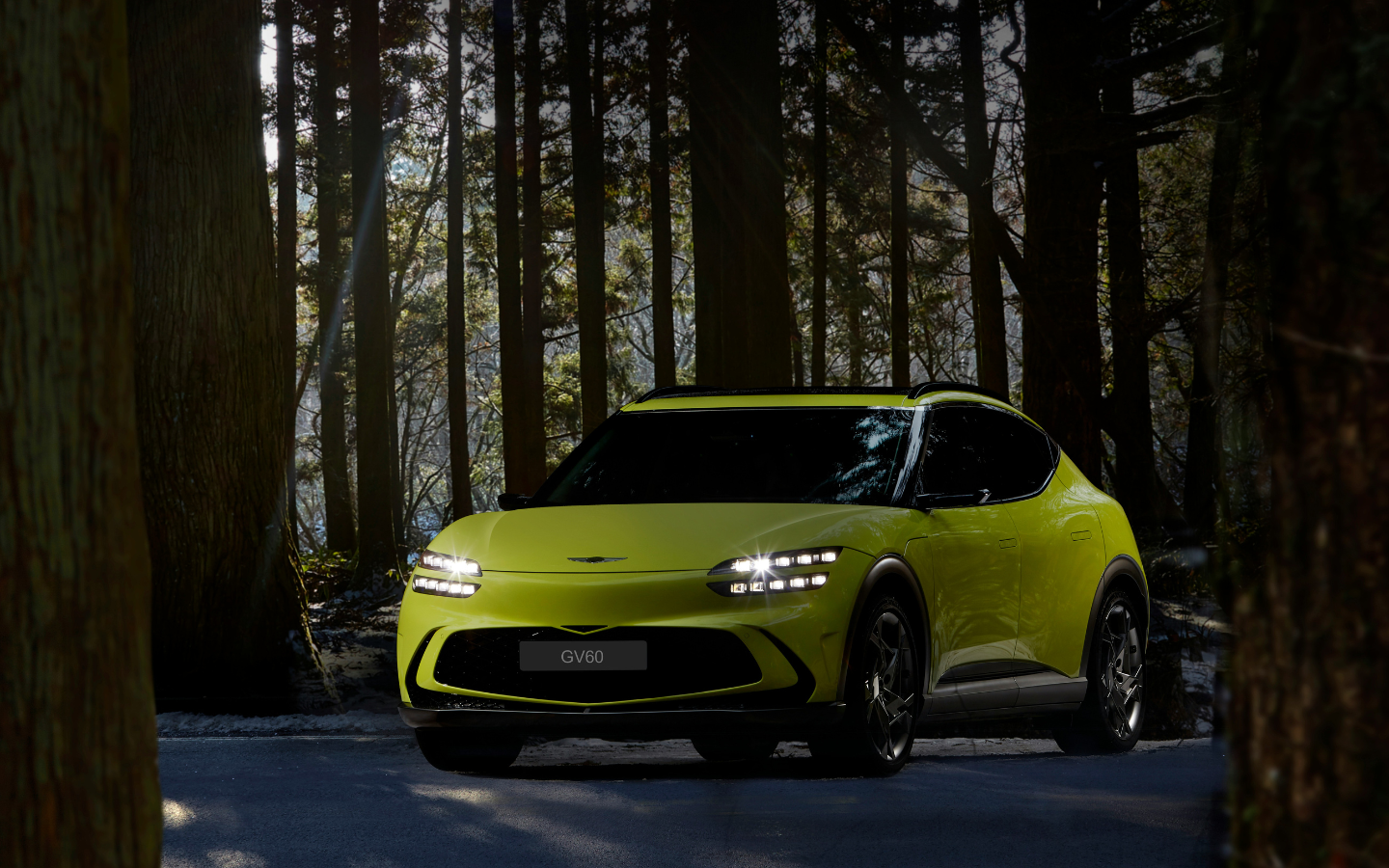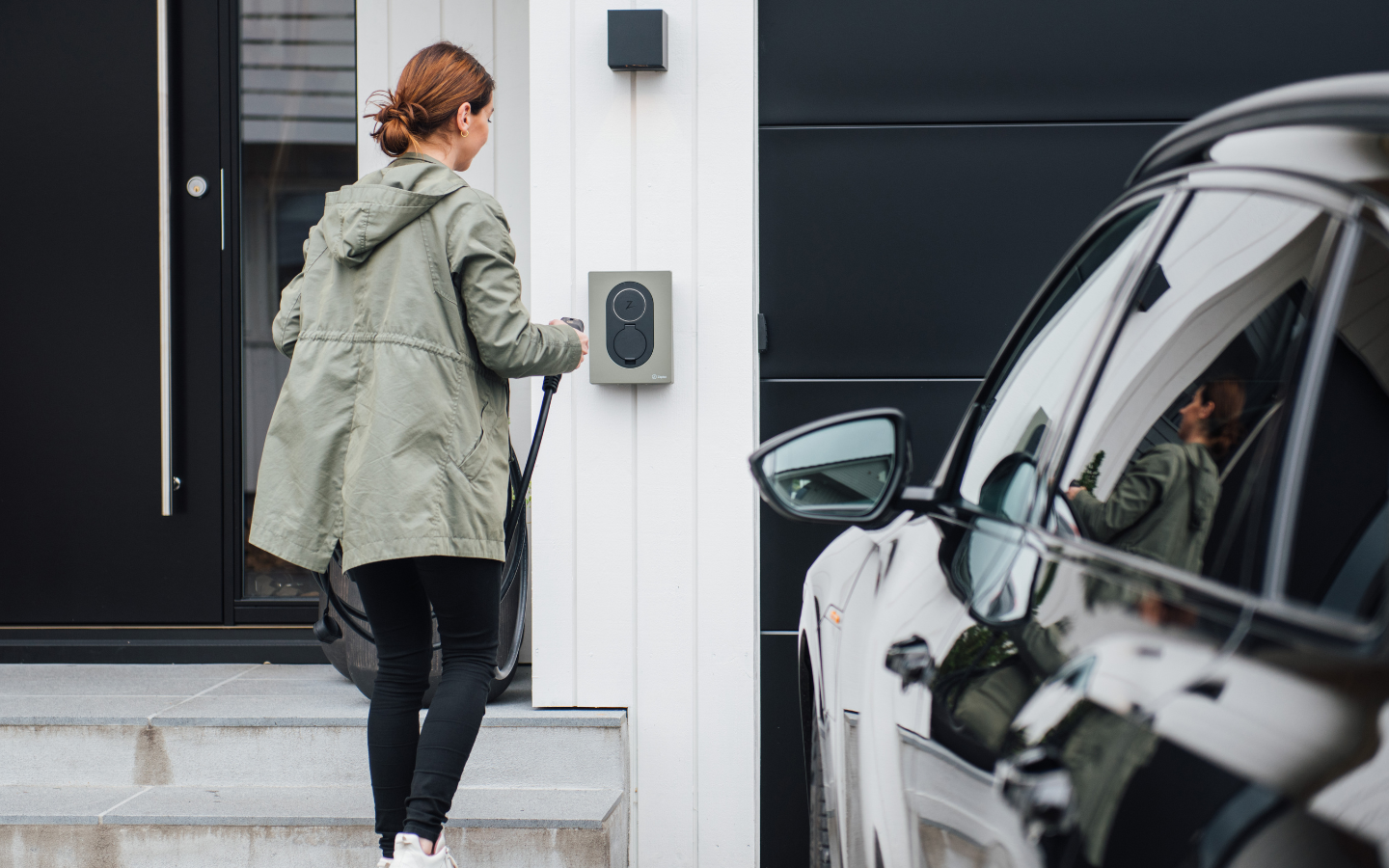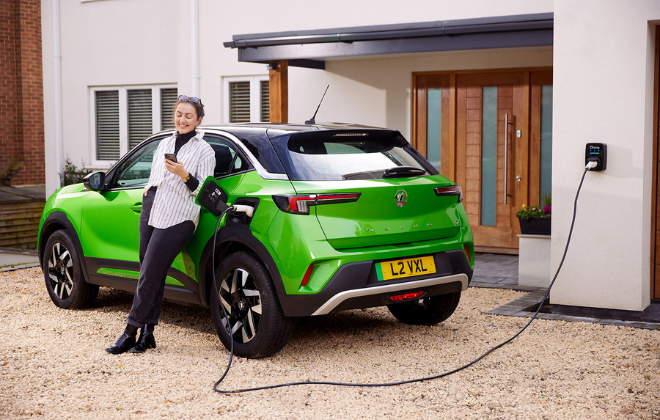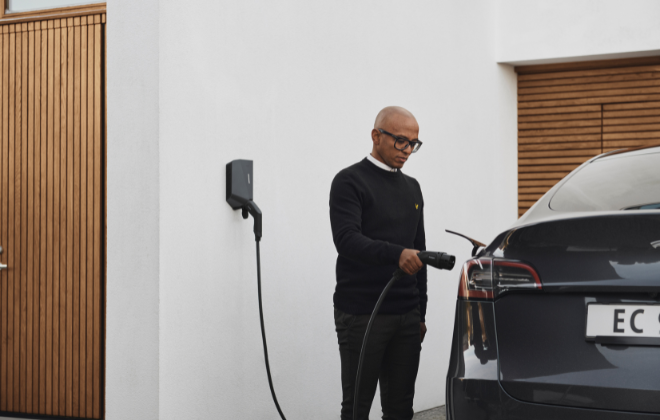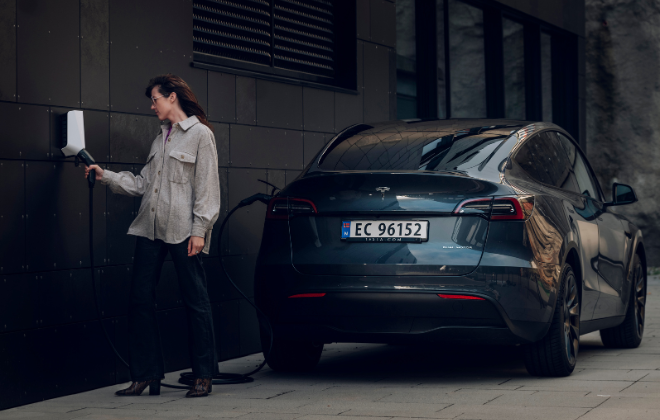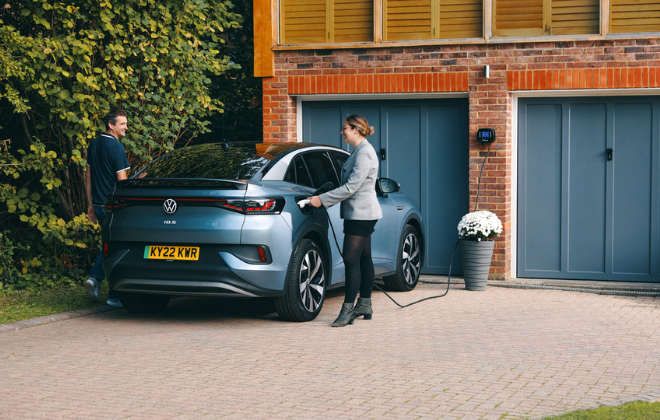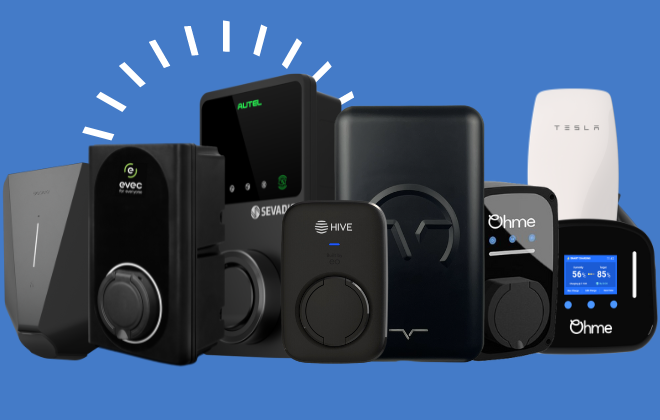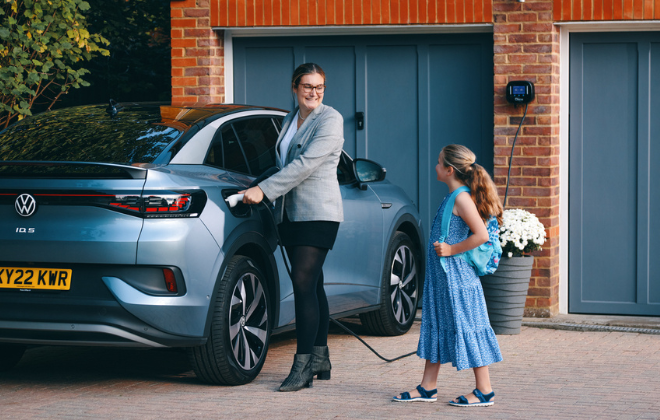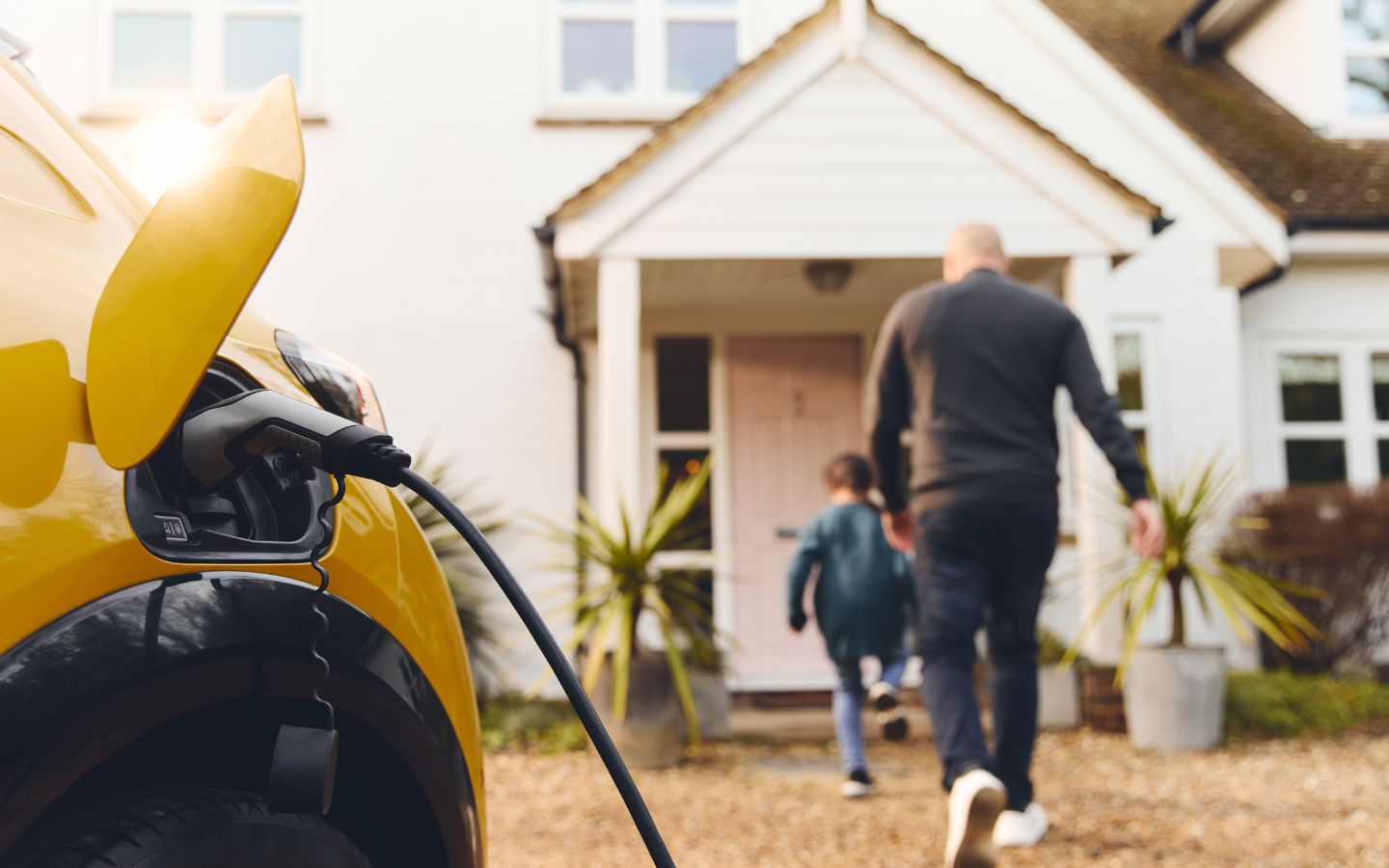

A guide to 3.6kW car chargers
A guide to 3.6kW EV chargers
Typically, in the UK, 3.6kW EV chargers are not as popular or common as 7kW EV chargers when it comes down to charging at home. Yet, 3kW EV chargers are still available on the market.
But what is a 3.6kW EV charger? How long does it take to charge an electric car with a 3.6kW EV charger? Should I invest in a 3.6kW home charger?
In this article, we’ll answer the most frequently asked questions and explain everything you need to know about 3.6kW electric vehicle charging.
What is a 3.6kW EV charger?
A 3.6kW EV charger is a dedicated charger installed on your property that charges your electric car at a rate of 3.6 kilowatts. Anyone can have a 3.6kW charger and installation, so long as you have a single-phase electricity supply at home (which most UK homes have).
In terms of speed, charging an electric car with a 3.6kW electric vehicle charger is slower than 7kW, 11kW, and 22kW fast chargers but faster than a granny charger.
When out and about, it’s unlikely you will see 3.6kW public charging stations since public charge points tend to be a minimum of 7kW for fast charging and higher for rapid chargers. Slow chargers aren’t popular when it comes to public chargers; with fast, rapid and ultra-rapid charging points earning the majority share.
Similarly to 7kW and 22kW chargers, 3.6kW chargers are available in tethered or untethered forms, with different charging cables, charging sockets and Type 2 connectors and Type 1 connector usage.
What’s the difference between a 3.6kW charger and a 3-pin plug EV charger?
Even though 3kW car chargers and 3-pin plug EV chargers are both categorised as slow charging, 3.6kW EV chargers offer a more powerful charging solution. In fact, a 3.6kW is 1.6kW faster than a 3-pin plug EV charger.
Additionally, 3.6kW chargers also have smart features that 3-pin plug chargers do not. For example, you wouldn’t be able to charge scheduling which allows you to charge during off-peak rates for cheaper. Nor do you have the opportunity to charge your car with solar power.
How long does it take to charge an electric car with a 3.6kW electric car charger?
As with any EV charging, the time to charge an electric car depends on a number of factors. Weather conditions, the size of your EV battery, whether you want a full charge, are just some of the examples that impact electric car charging timings.
Generally, a 3.6kW EV charger adds between 12-15 miles of range per hour – roughly taking anywhere between nine to fifteen hours to charge your EV.
For example, a fully charged Tesla Model 3 would take 22 hours with a 3.6kW car charger based on the larger size of the battery.
What’s the difference between a 3.6kW and a 7kW charger?
The core difference between a 3.6kW EV charger and a 7kW EV charger is the power outlet, and therefore the EV charging speeds. A 7kW EV charger charges an electric car nearly twice as fast as a 3.6kW charger because of the higher power output.
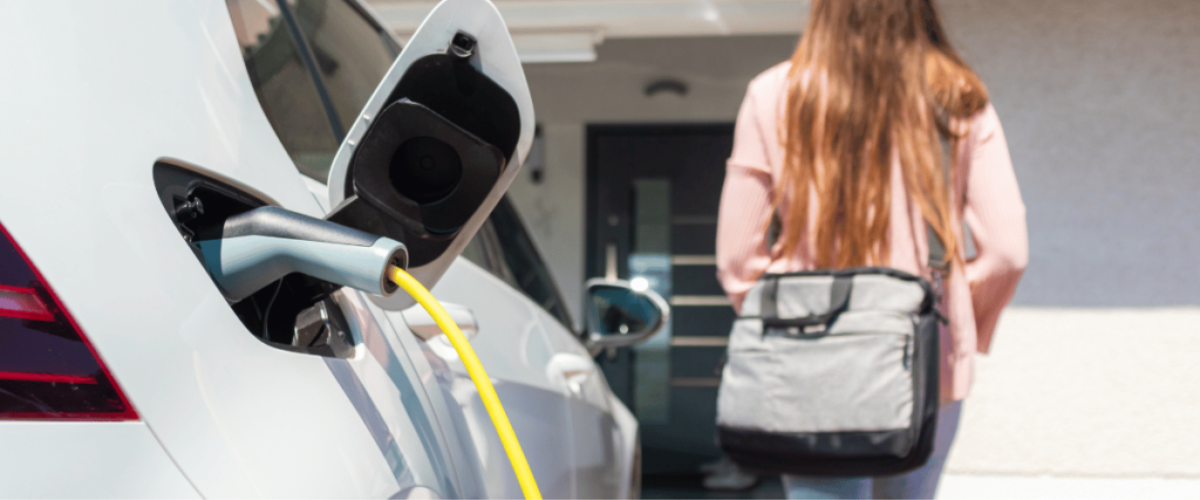
Should I invest in a 3.6kW EV charger or a 7kW EV charger?
When deciding whether to invest in a 3.6kW or 7kW home charger, there are certain things to consider:
- Maximum onboard charging rate: Electric cars with higher maximum onboard charging rates will benefit more from a 7kW charger as it will charge your vehicle quicker than a 3.6kW. That said, if you have a smaller battery with a 3.6kW or 3.3kW onboard charger, a 3.6kW EV charger might be sufficient. However, it’s important to note that only a small number of EVs have 3kW onboard chargers.
- Cost: While cost is always a significant consideration, 7kW chargers tend to be more expensive than any 3 kW chargers – albeit not by much (roughly £100-£200).
- Future needs: If you plan to upgrade to an EV with a larger battery capacity in the future, it might be wise to invest in a 7kW charger now so you can charge your current electric car and any future EVs without having to invest in a new EV charger. Also, you never know if you will become a multi-EV household, and a 7kW power output will charge your EVs faster than a 3.6kW. In truth, you might upgrade your EV to one with a larger battery without consciously doing so – so it’s best to be prepared.
So, should you get a 3.6 kW or 7 kW charger?
From our perspective, EV owners should absolutely invest in a 7kW charger over a 3.6kW EV charger as you will future-proof your home in case you change your electric car to one with a larger battery and charge twice as fast – all for a similar price point.
In fact, the cost difference between 3.6kW and 7kW chargers is minimal.
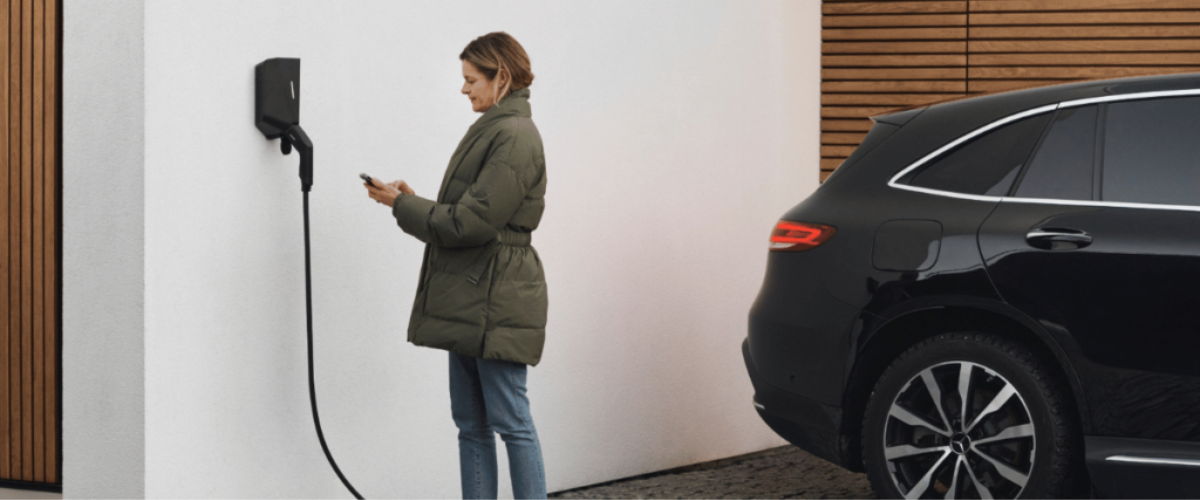
When would you invest in a 3.6kW EV charger?
As mentioned before, a 3.6kW charger would be suitable for those with electric cars with a lower onboard charging rate (the maximum charging rate you can charge with). For example, certain models of the Nissan Leaf have a 3.6kW onboard charger, meaning the vehicle would only charge at a maximum rate of 3.6kW AC – even if you used a 7kW or 22kW charger.
If you have an EV with a 3.6kW onboard and are trying to choose between 3.6kW or 7kW EV chargers, you could take advantage of a 3kW electric car charger more successfully than an EV with a higher onboard charging rate if you didn’t want to spend more on a 7kW charger.
What is the best 3.6kW EV charger?
While there are many options available for 7kW chargers, the choice of 3.6kW chargers, or 3.3kW EV chargers and 3kW car chargers, is not as vast. That said, the Rolec 3.6kW and the 3.6kW Pod Point chargers are some of the best 3.6kW car chargers available on the UK market.
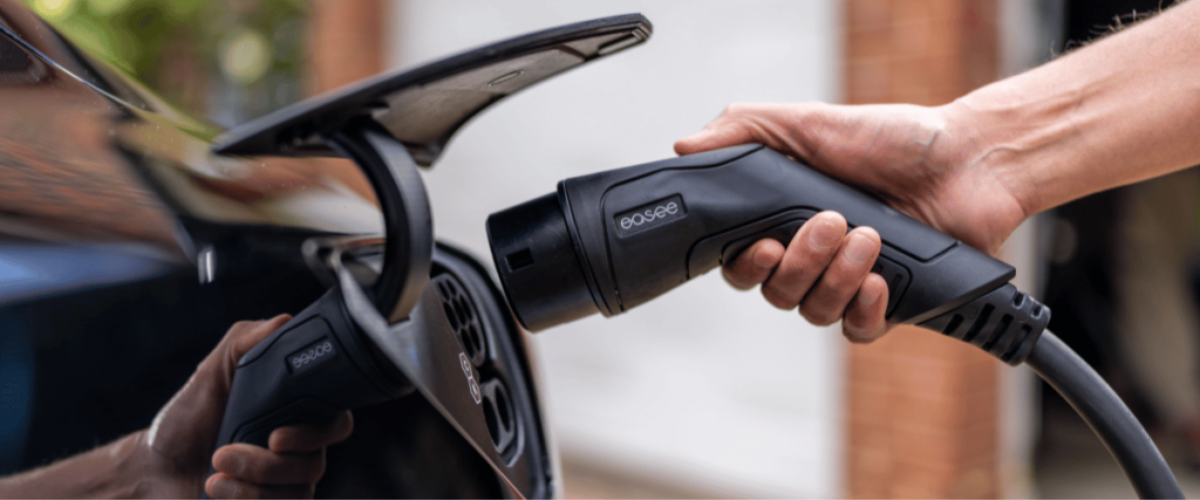
Conclusion:
To recap, 3.6 kW car chargers, or any type of 3kW home EV chargers, may not be the best solution for those who want a future-proof EV charging unit at home. In our opinion, a 7kW charger is better than a 3.6kW EV charger for home EV charging as it charges twice as fast and provides more flexibility for the future – there is limited difference in price, too.
Interested in a home charge point?
If you are looking to get an EV charger installed at your home, click below to get your free quote, or contact us for more information or any queries you may have.
For more information and our latest updates, follow us on Facebook, Instagram, Twitter, LinkedIn and YouTube.
Related articles_
Stay up to date on the latest from We Power Your Car_
I consent to receive newsletters from We Power Your Car. Please see our Privacy Policy
